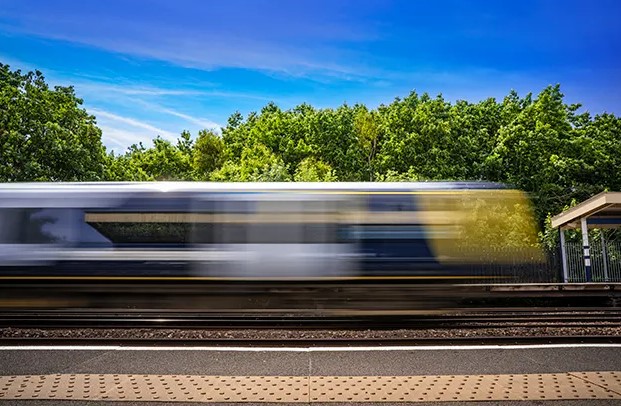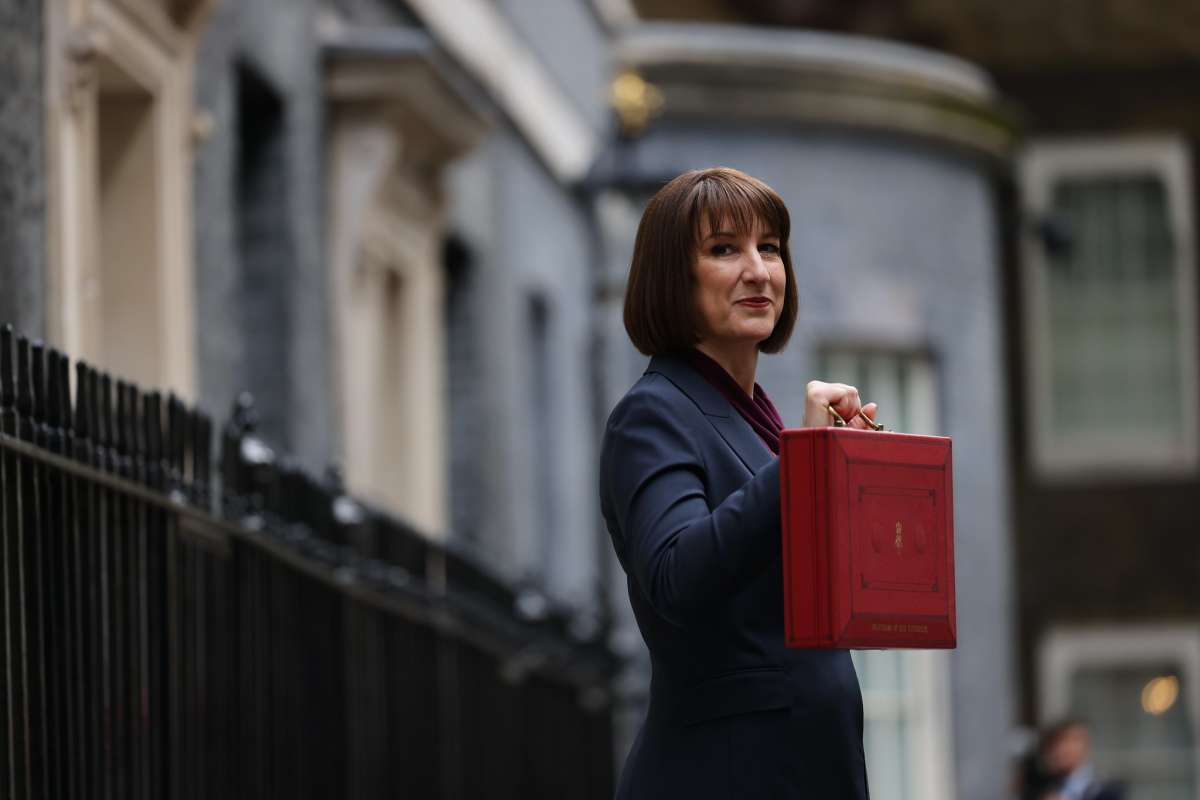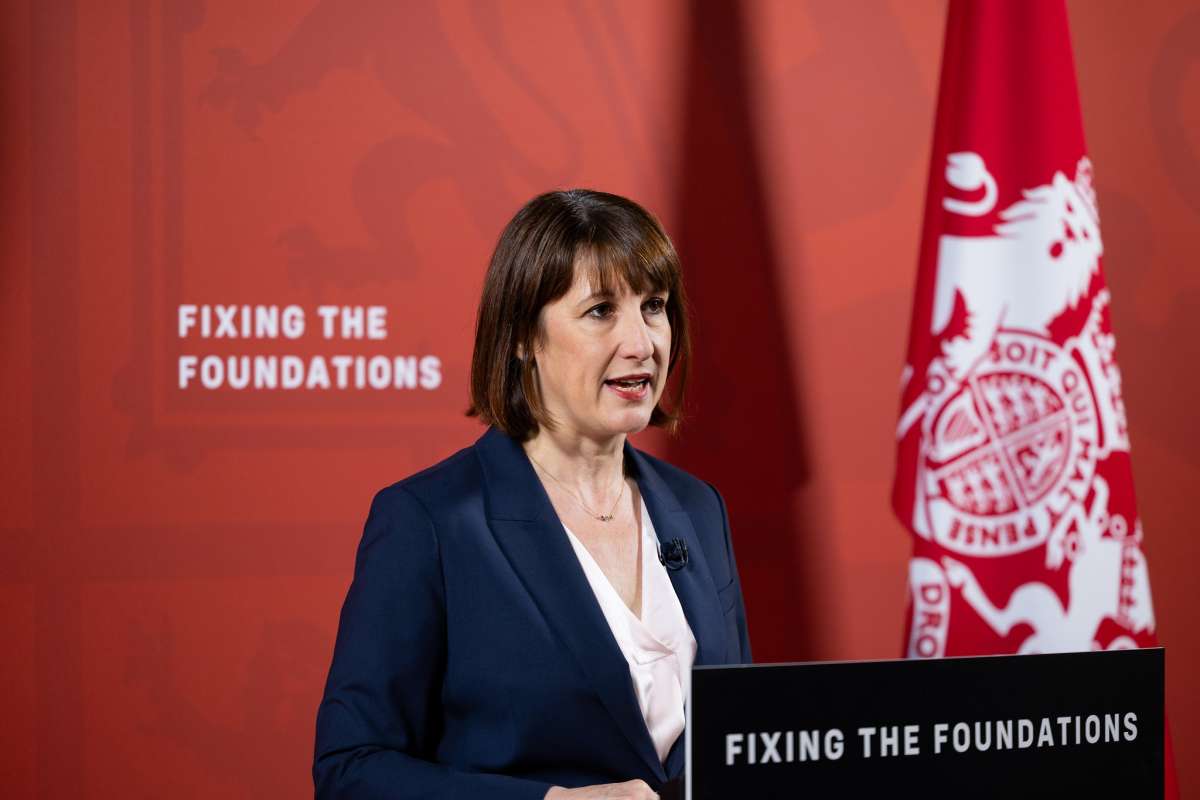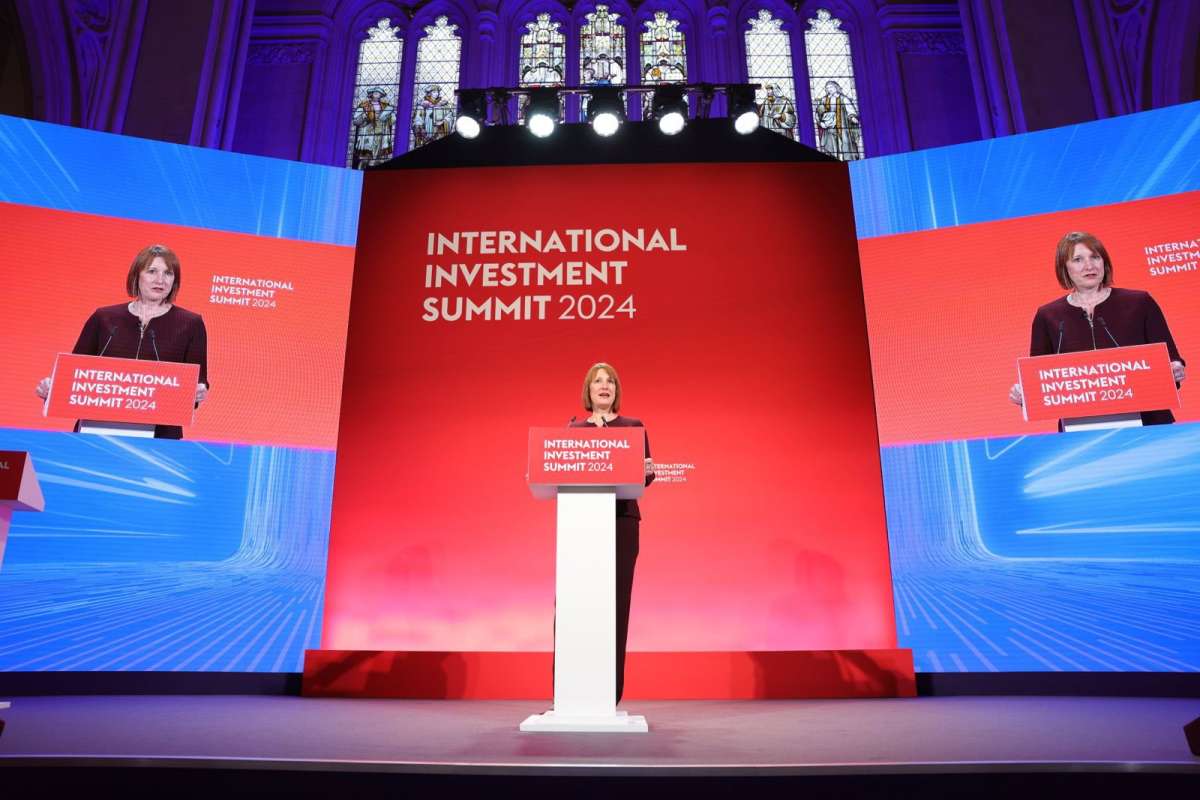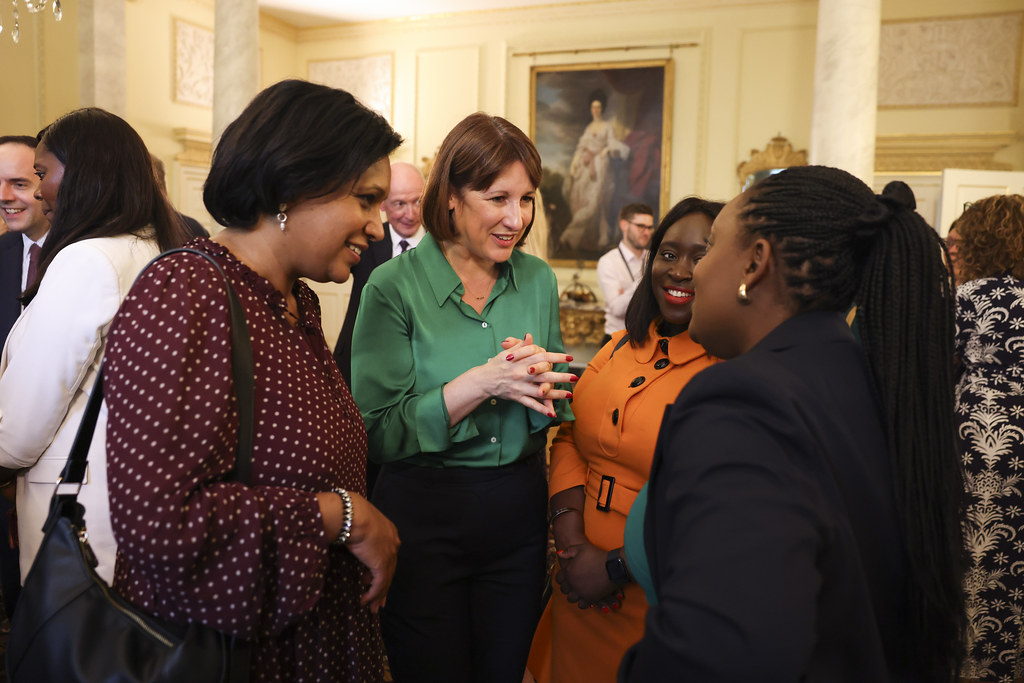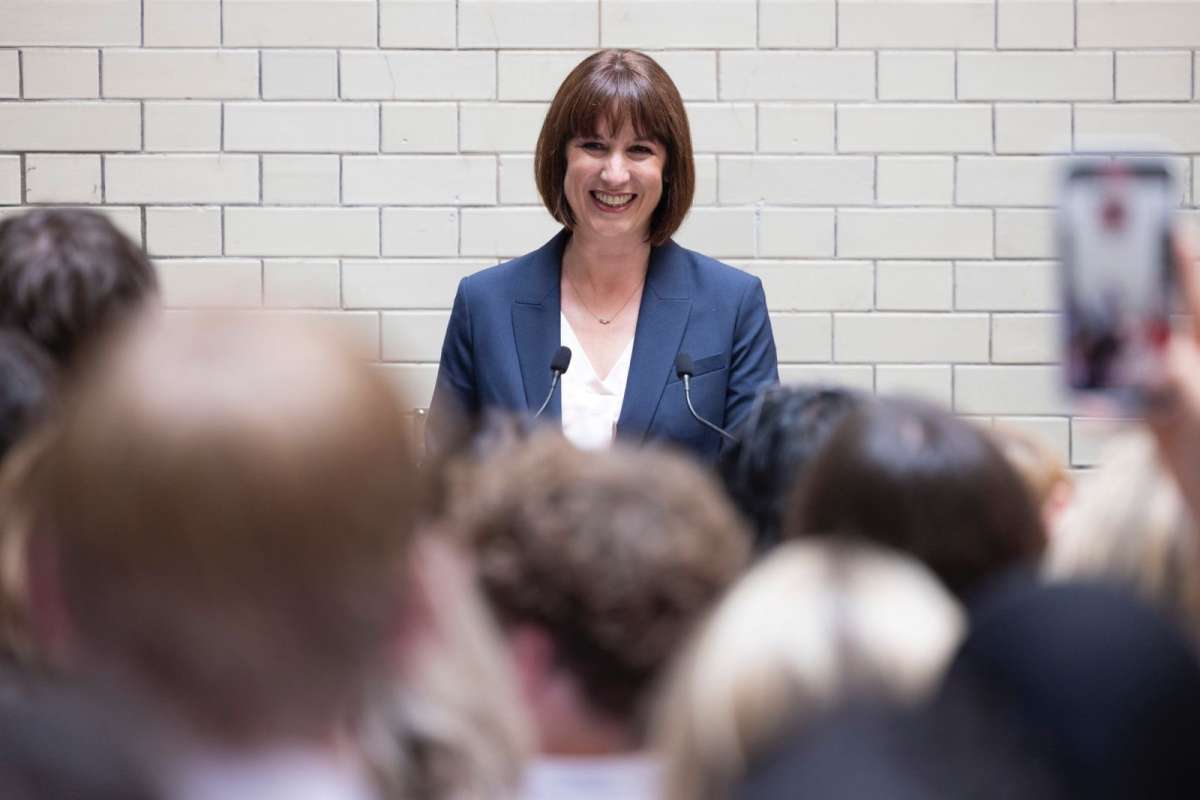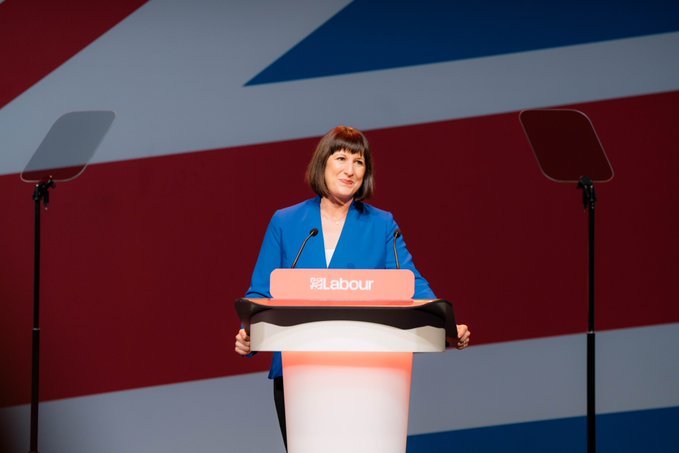Increase in national insurance contributions and national living wage will add to costs, says BRC
Large UK retailers including Tesco, Boots, Marks & Spencer and Next have written to Rachel Reeves to say that a £7bn increase in annual costs after last month’s budget would lead to job cuts and higher prices.
The letter, with 79 signatories sent by the industry body the British Retail Consortium (BRC), warns the chancellor of the financial impact of the impending increase in the national living wage and employer national insurance contributions (NICs).
The BRC has said absorbing the impact of the higher costs will mean higher prices for consumers, smaller pay rises, job cuts and store closures.
Bank of England governor says budget measures could cost jobs, and argues for ‘gradual’ interest rate cuts – as it happened
“For any retailer, large or small, it will not be possible to absorb such significant cost increases over such a short timescale,” the letter says. “The effect will be to increase inflation, slow pay growth, cause shop closures and reduce jobs, especially at the entry level. This will impact high streets and customers right across the country.”
The letter says retailers are already starting to make “difficult decisions” and “the sheer scale of new costs and the speed with which they occur create a cumulative burden that will make job losses inevitable, and higher prices a certainty”.
Andrew Bailey, the governor of the Bank of England, told the Treasury committee on Tuesday that retailers were right to warn on the risk of job cuts due to the change in NICs.
He added that job losses could turn out to be more than the 50,000 forecast by the Office for Budget Responsibility (OBR) after the budget.
“I think they are right to say… there is a risk [that] the reduction in employment could be more,” he said. “Yes, that is a risk”
The bank’s broad position is that the impact of the changes to NICs will feed through in several ways – higher prices, lower profit margins, lower wages, job cuts, or “increased productivity”.
However, the GMB union has said that big retailers warning of job cuts due to the tax changes is “utterly pathetic”. Nadine Houghton, a national officer at the GMB, said: “Multibillion-pound businesses pleading poverty because they’re being made to pay more to support public services is utterly pathetic.
“Most of these companies’ fortunes are already subsidised by the taxpayer, they pay very low wages which then have to be topped up by in work benefits. It’s only right that they should now contribute a bit more to rebuilding our country.”
Nick Stowe, the chief executive of Monsoon and Accessorize, said retailers had been left with the choice of protecting staff numbers or cancelling their investment plans.
The fashion retailers’ boss told BBC Radio 4’s Today programme: “We’re trying to protect that staff number and it’s about choices in how we protect it.”
“For us it means passing on some of those cost increases in terms of increased prices. It also means we’re probably going to have to divert investment that we would have made in growing our store base into protecting the stores that we have and the employees that we have.”
He added that the decisions businesses were being forced to make seemed “entirely counter” to the government’s proclaimed growth agenda.
On Tuesday, the beleaguered luxury handbag maker Mulberry said the UK market had been hit particularly badly from low consumer confidence, as it announced that it intended to cut jobs.
The signatories to the BRC letter also include the B&Q owner Kingfisher and the supermarket chains Morrisons and Sainsbury’s.
The BRC estimates that retailers will face a £2.3bn bill from April after the implementation of the increase in employer NICs from 13.8% to 15%, as well as the reduction in the earnings threshold that they must start paying it from £9,100 to £5,000.
Retailers said these changes would be felt in particular by retailers because they employed “large numbers of people in entry-level and part-time roles”.
In addition, retailers estimated that there would be a £2.73bn increase in wage costs from April, and about £2bn relating to an extension of producer responsibility for packaging from October.
The letter calls for a discussion with the Treasury to address some of the companies’ concerns, and offered solutions including a phased introduction of the new lower earnings threshold on national insurance (NICs), and a delay on the start of the levy on packaging.
Earlier this month, the bosses of more than 200 of the UK’s largest restaurant, pub and hotel businesses – including the Premier Inn owner Whitbread and Mitchells & Butlers – wrote a letter to the chancellor warning of closures and job cuts as a result of the rise in NICs.
ALSO READ: UK expected to give Ukraine Storm Shadow missiles


